March 28, 2007
The Price of Almost Everything We Need to Survive Has Jumped by 100 Per Cent
How Runaway Inflation Has Slipped Under the Radar
By JANE STILLWATER
In 1975, there was this cute little two-bedroom house for sale on Grant Street in Berkeley. I loved that house! I wanted to buy that house! But I dithered around and missed my chance because I couldn't come up with a down payment for its outrageously expensive asking price -- $25,000.
I'd be extremely lucky today, even in the middle of the current housing slump, to be able to purchase that same house for less than $600,000.
I hate math but here goes. $25,000 goes into $600,000 how many times? 24 times? That's a hecka lot of inflation!
Remember back in the late 1970s when we had all those big long lines at the gas pumps? When gas went from 60 cents a gallon to $1.10 a gallon and we thought that was outrageous? "President Carter has caused runaway inflation," we were told. So we had an election and got stuck with Ronnie Reagan instead -- and suddenly "inflation" disappeared, never to return.
Remember back in 1968? By living at home and working during the summer, I was able to save up enough money in just three short months to put myself through U.C. Berkeley for the rest of the year. Tuition was $150, rent was $75, utilities cost $10 and peanut butter was cheap. I didn't live like a goddess but still -- I didn't have $150,000 in student loans to pay off upon graduation either.
Remember when peaches at the Berkeley Bowl Marketplace cost 69 cents a pound and strawberries were 89 cents a basket and hamburger was $1.75 a pound? Then suddenly about two years ago the price of peaches went up to $2.00 a pound, strawberries were suddenly $2.50 a basket and a pound of hamburger suddenly cost $3.25? And gas went from $1.80 a gallon to $3.30 a gallon?
In approximately the last two years, almost everything we need to survive has jumped up in price by at least 100%.
When this same incredible jump in prices occurred in 1979, everyone screamed bloody murder about "Runaway Inflation". Heads rolled. But when the exact same thing is happening now, NOBODY talks about inflation....
What's the difference between then and now?
Here's the difference.
In 1979, every media outlet in America was constantly letting us know that our country was suffering from inflation. Now we have to figure all that stuff out all by ourselves. According to a graph supplied by the U.S. Bureau of Labor Statistics, the rate of inflation in 1980 was 14%. And today the rate of inflation is only between two and three per cent. So. Technically, we are NOT suffering from inflation right now. BUT. What does it feel like to you?
Here we are, scurrying around, tightening our belts, doing all of the desperate things we did in 1979 (and much more) -- only now we are doing it individually and gratefully, grateful as heck that our misery is of our own doing and NOT because America is suffering from inflation!
We need to stop being sidetracked by statistics and to start learning to trust our own experience at the grocery store and the gas pump instead. We need to start flying by the seat of our pants.
Remember that old adage, "If a tree falls in the forest and no one is around to hear it, does it still make a sound?" Well, here's a new adage. "If a price raises at the supermarket and the media doesn't report it, does inflation still exist?" You bet!
If inflation cost Jimmy Carter the presidency after only one term, how come Bush wasn't thrown out of the White House in 2004? Two reasons. First, the rate of runaway inflation since GWB took over the White House wasn't hyped in the news constantly like it had been during the 1980 presidential election race. And, second, "If election fraud steals an election, does the winner still get to be President?"
PS: Instead of using the Consumer Price Index to measure inflation rates, we now rely on the Core CPI, which doesn't record dramatic changes in housing and energy costs. According to economist Ann Berg, the Core CPI only reflects that we are now buying more stuff at dollar stores. Dollar store purchases are now keeping inflation down? What? The once-mighty American economy is now being kept safe from inflation because low prices in DOLLAR STORES are forcing the CPI down? That's pathetic.
According to Berg, "Core CPI reveals no inflation because it tracks manufactured goods that have cheapened over time, the result of the entrance of a billion third world workers since 1990."
But still and all, the difference between the CPI and the Core CPI isn't all that great. If you really want to know what is going on in our economy, forget about the CPI and the Core CPI. The true measurement of current inflation rates can only be accurately determined by one thing -- what happens to you and me at the gas pump and the grocery store check-out line. And that news is NOT good.








